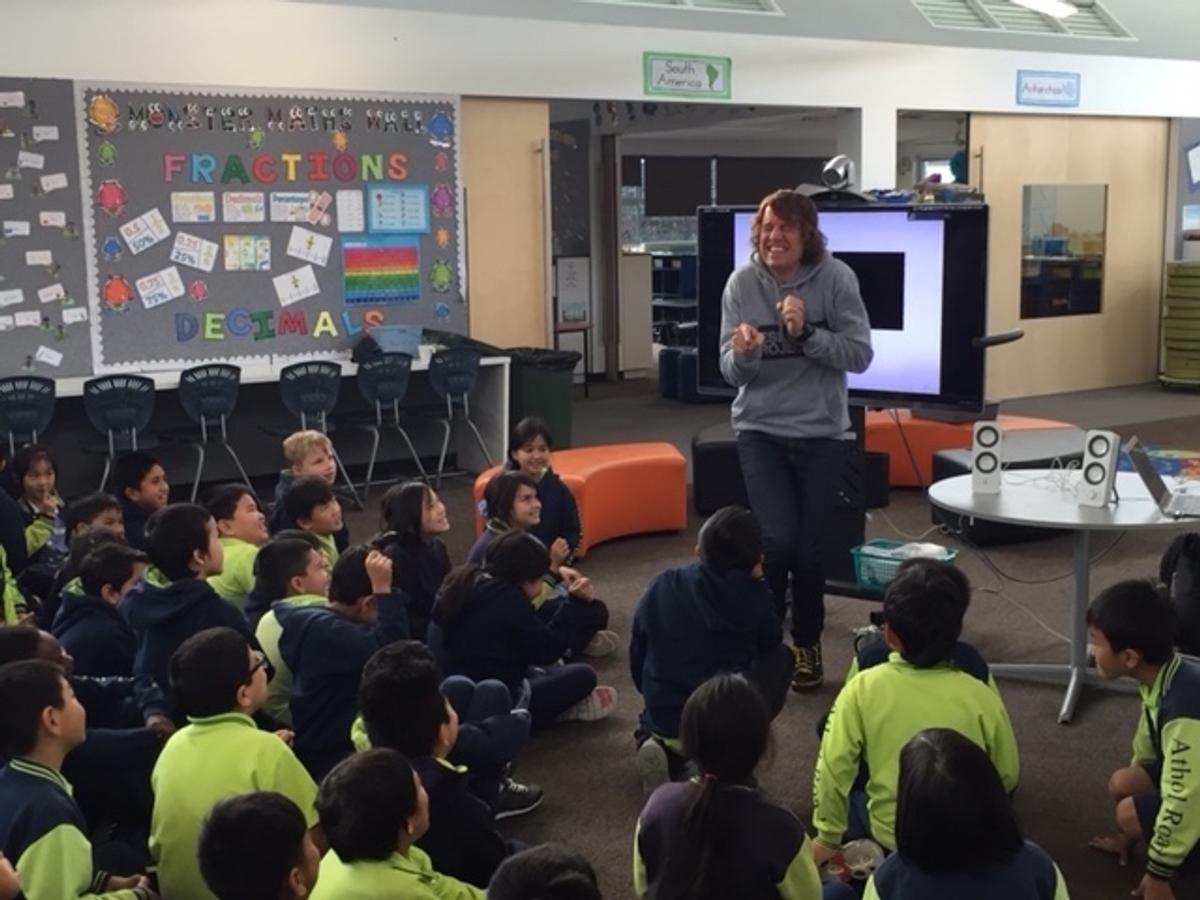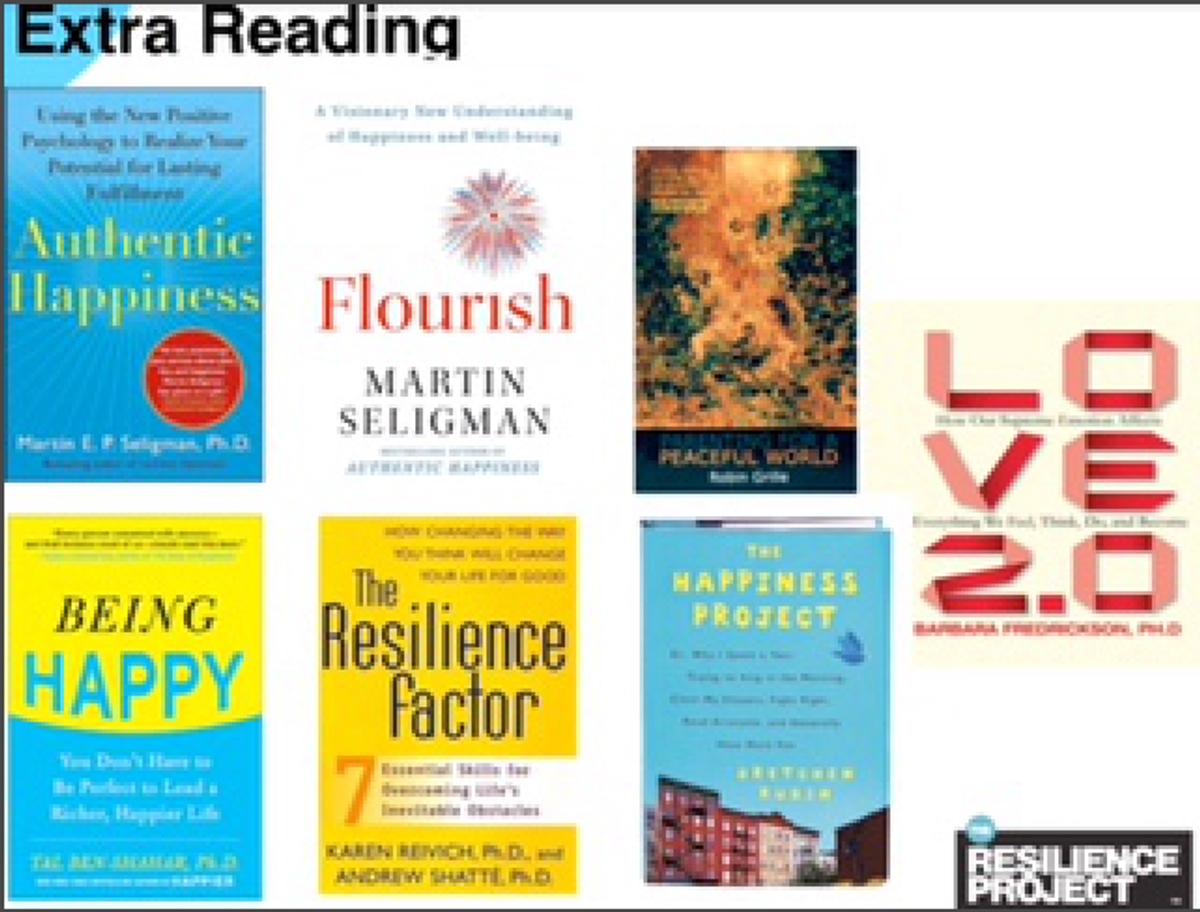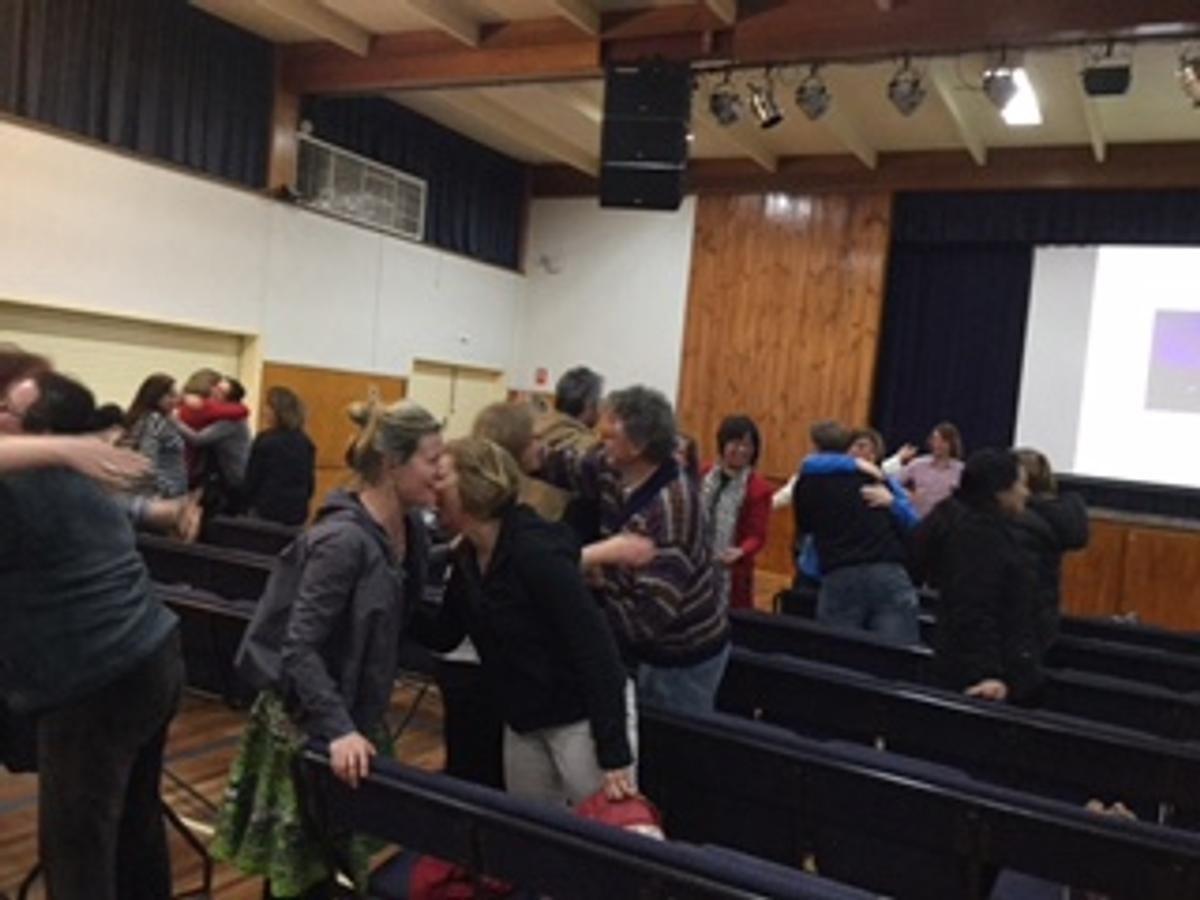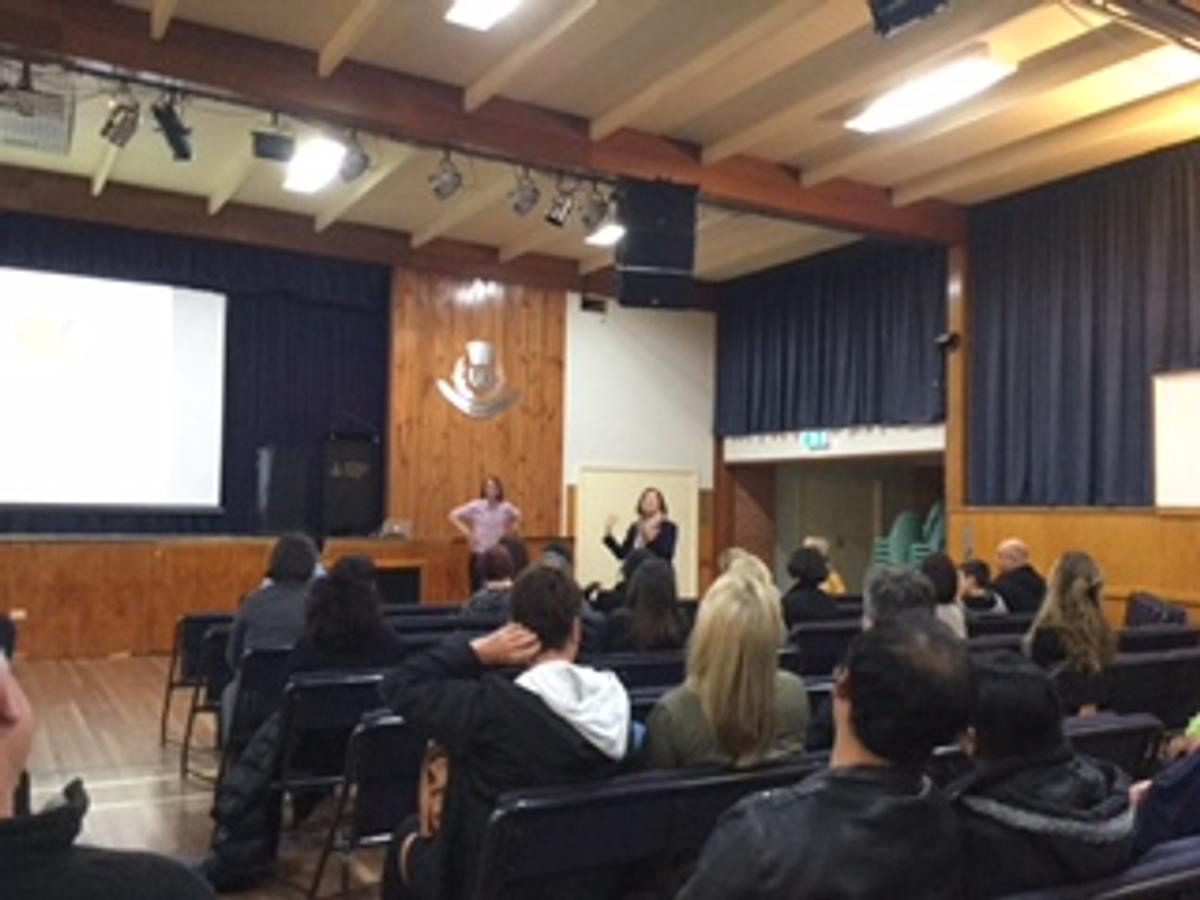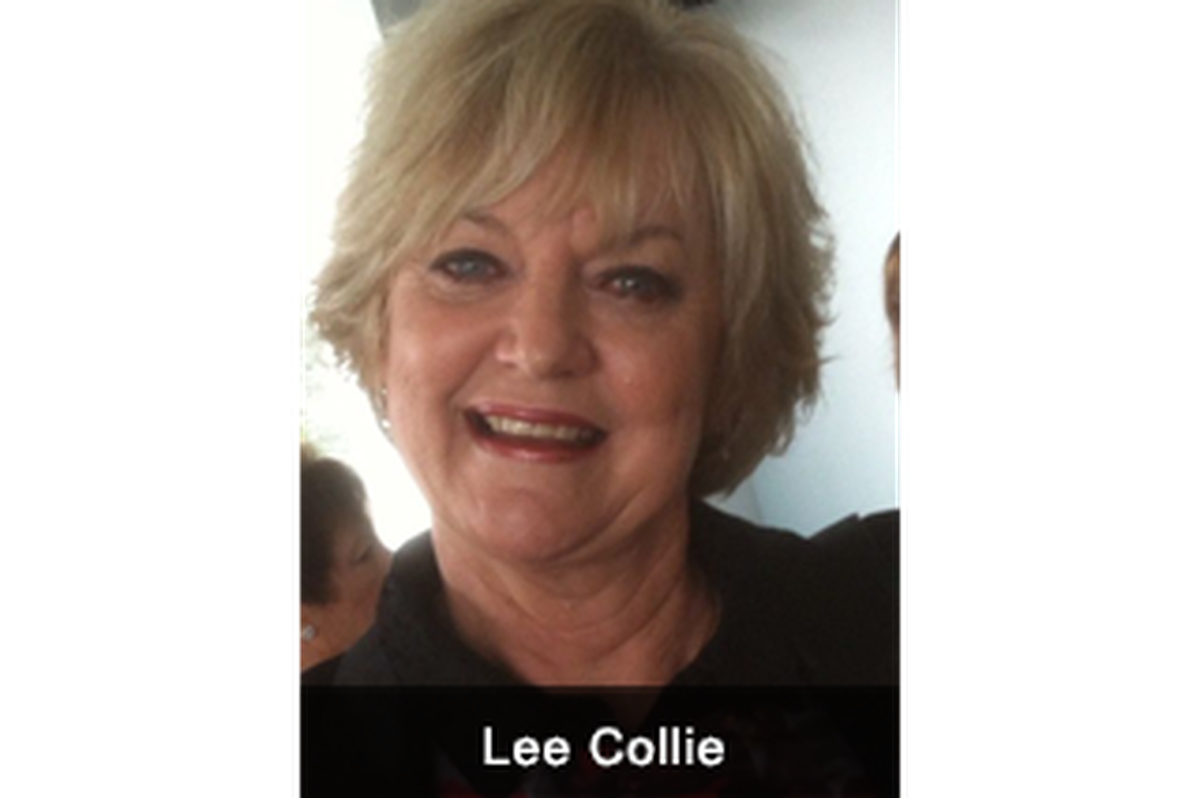INSPIRING STUDENTS. EMPOWERING TEACHERS. ENGAGING PARENTS.

PARENT INFORMATION NIGHT...THE RESILIENCE PROJECT: HELPING YOUNG AUSTRALIANS TO BE MENTALLY HEALTHY
The concept of resilience has been on my radar for many years. It's an issue close to my heart. I believe in my own resilience. I trust it. I nurture it. I treat it like my bank account. I put in, so I can take out. I fill up that account with relaxation, exercise and laughter. I respect my resilience for helping me get through all sorts of stressful personal and professional situations.
As a parent of teenage twins I hoped that one day my kids would be so confident and so resilient that I would be made redundant. I can only hope I have succeeded.
Observe the personalities of resilient people of any age and you'll notice they have certain attributes in common. They choose to have an optimistic attitude, a sunny disposition and a happy outlook on life. When times are tough they choose to ask for help. They bounce back; they don't get bogged down with negative details; they quickly bob up to the surface again. They consider their resilience a work in progress.
Over the years I've had the privilege of organising Resilience programs in schools across Australia, working with high profile educational consultants. I've seen and heard the best of the best. Always looking for the research behind any educational program, I was curious to see what The Resilience Project had to offer.
During last Tuesday night's session the audience quickly engaged with our presenter, Martin Heppell. He confirmed that the program is researched based and links to the Australian curriculum.
An ex AFL footballer, footy coach, teacher and assistant principal, he's a loveable larrikin. In his husky voice he proudly announced to us: "I'm a loose unit...I know you're all thinking that!"
The mood switched to a serious moment as the first PowerPoint slide showed us the statistics on adolescent response to traumatic events. One out of four adolescents will experience mental illness. 65% of adolescents do not seek help because they don't possess the strategies to cope but mainly because they don't trust the outcome.
Research shows that the prominent qualities contributing to a person's resilience are Gratitude, Empathy and Relaxation.
Early in the proceedings Martin made some members of the group squirm in their seats. "A lot of Australian kids think it's the end of their world if the wifi is down and they can't use their iPad". For some it was a little too close to home. He then went on to extol the positive power of students practising Gratitude: "to think of what they've got, not what they haven't...what they can do, not what they can't".
Kids who practise Gratitude are less likely to get sick, feel happier, have more energy, are more optimistic and determined, sleep well, are more attentive and have a lower level of depression and anxiety.
Martin, who deliberately worked on building a genuine camaraderie with his audience of 300 parents, delivered a wealth of thought provoking messages through the use of relevant, snappy, poignant examples and fun activities.
Laughter. Tears. More laughter. That guy had us eating out of his hand!
Midway through the evening I remembered that Martin had conducted a session for students the previous week and I couldn't help thinking how the kids would have bonded immediately with this likeable, spirited 'character'.
Martin explained the many benefits of relaxation and meditation. Apparently the mental benefits include a reduction in depression and anxiety, an improvement in decision making and the ability to focus. It is also proven to reduce drug/alcohol abuse. The physical advantages include the relief of stress, the prevention of heart disease, a reduction of chronic pain and improvement of sleep.
And who would have thought that every time you do something kind for someone else your brain releases oxytocin that leads to an increase in self-esteem/confidence and energy and levels of happiness?
Martin pulled no punches. He reminded us that we all fear change. It's imperative that we give our kids a safe environment, allowing them to take risks knowing they can trust the outcome of an unknown situation.
In order to cleverly drive his point home he then proceeded to take advantage of the sense of trust and communication he'd established with the audience members. We didn't see it coming... "Turn to the person standing beside you and give them a hug!"
The vibe in the room switched again to an atmosphere of mirth; tentative looks accompanied by nervous chuckles then: "Hug someone from the row in front of you". We were now all hugging with gay abandon! (I took one more risk and vigorously 'high fived' the hand of the startled stranger behind me).
It was meant to be a light-hearted exercise but Martin wasn't taking it lightly. Message received loud and clear Martin!
Not once did I check my phone or my watch during the ninety minute presentation, an indication I was enjoying the experience. Driving home, I reflected on Martin's wise words and I was overcome with the realisation that one of my most priceless possessions is my own resilience.
It has served me well through my life's ups and downs, through the many challenges I've experienced as a mum, wife, daughter and, of course, as a colleague in the workplace. I make a mental note that I must not take this for granted.
Resilience is not in your DNA. It can't be transfused. You can't be inoculated. But if you cultivate it you can trust it like a best friend for life.
The good news? Resilience strategies can be taught; they can be learned; they can be built on! Within a family, within a whole school!
And want to hear the other good news? McKinnon Secondary College asked Martin to present three separate Resilience presentations-for parents, for teachers and for students. Fingers crossed he'll be back again next year. You'll see me at the front of the queue!
For more information click onto
http://theresilienceproject.com.au/about-us/
Lee Collie
Public Relations Officer

